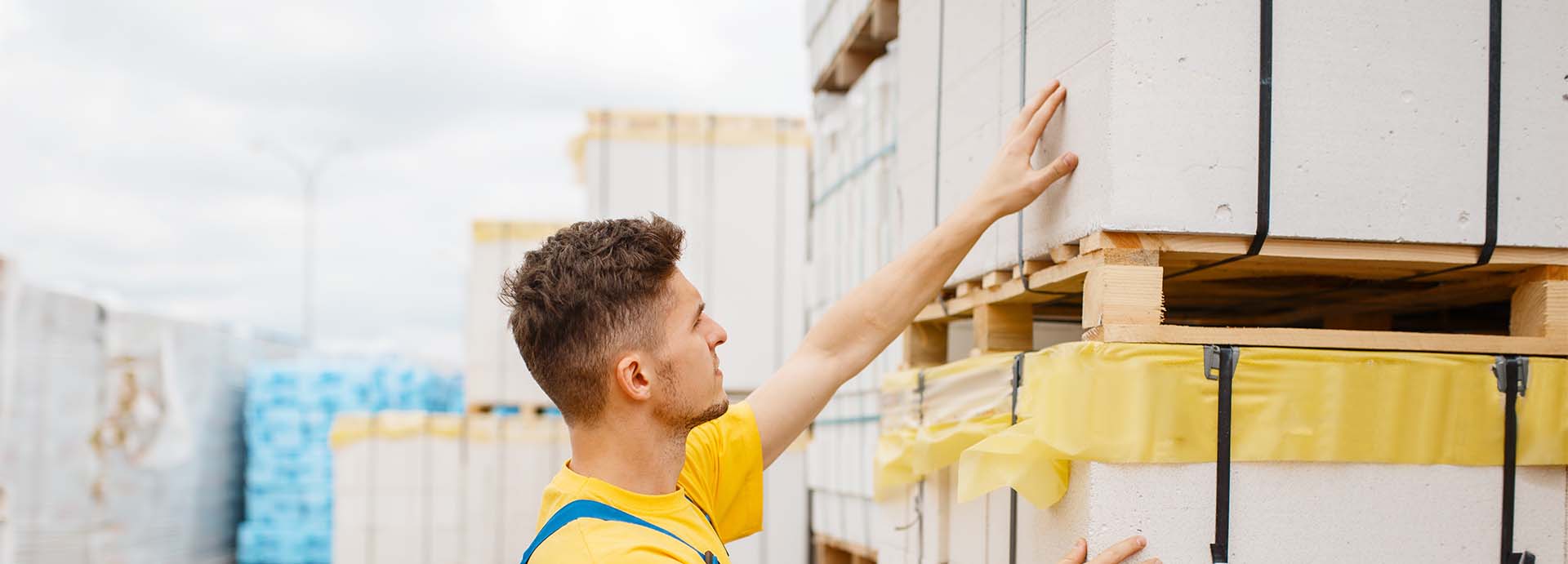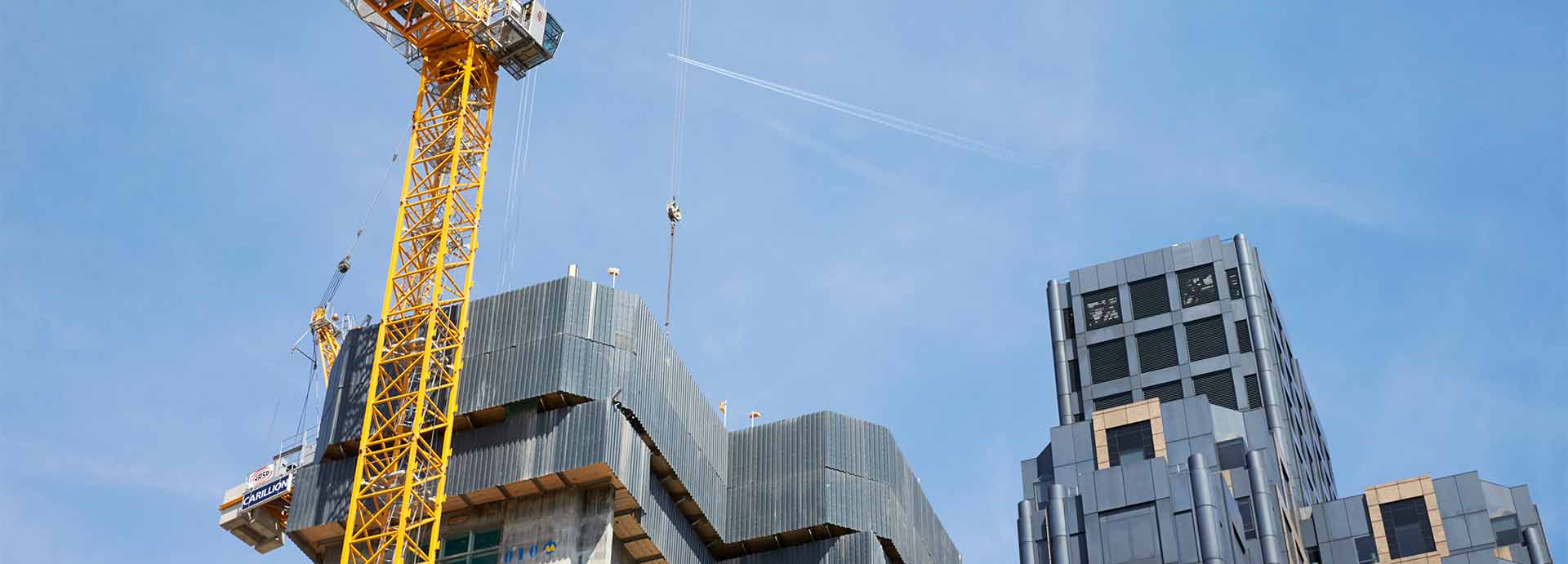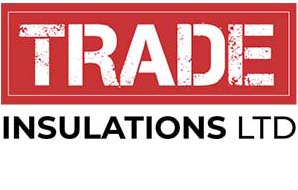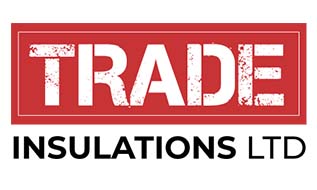The UK has seen major price increases in the past two years affecting costs of goods including, food, energy prices, gas prices, fuel, and household services. The services of households increase affect not only customers but the wide majority of the construction industry including, builders, electricians, plumbers, gas engineers, screeders, loft fitters, thermal insulation engineers, insulation installers and many more.
The main reason behind household service increases is the price inflation of materials. These materials include steel, brick, concrete, cement, timber, paint, and many more. The insulation industry has also seen a rise in prices of materials such as Polyisocyanurate (PIR), Phenolic, mineral wool, glass wool, Polystyrene (EPS / XPS), Gyproc, and Multi-foil.
These materials affect the costs of the roof, loft, floor, and wall insulation materials involving loft rolls, Insulation boards, insulated plasterboards, acoustic materials, and wallboards.

After decades of price stability in the supply of materials and labour, the construction cost inflation in 2021 and 2022 has skyrocketed. This has been paired with shortages of ALL resources. This has caused two major problems – the loss of trading due to under-priced contracts and price changes, and costly delays to work. Naturally, these problems can lead to loss of customers, loss of staff, loss of income, and crippling damages to company and self-employed contractors.
Most construction contracts are fixed price ones with no provision for price increases, indeed standard forms have optional clauses such as the JCT fluctuations clause which is an option only and rarely used.
How to work around unknown price increases
- If you’re currently planning or in the middle of building works, planning far ahead is the best way to ensure price rises or shortages don’t affect your projects.
- Work closely with a chain of suppliers and distributors, communicating your requirements early and keeping up to date with their upcoming price increases.
- If known price increases are ahead and you are fortunate enough to have storage space. Bulk buying for future projects is a huge advantage.
- Give customers quotes and project estimates PENDING future price increases and shortages.
- Keep your customers informed and let them know the price and turnarounds could change depending on suppliers.
- When searching for building materials be sure to get TRADE prices on all materials.
- For example, for Rockwool products google ‘Trade Rockwool’. For PIR products google Trade ‘PIR Insulation Boards’.
| Materials | Increase Information |
| Timber | Timber was up 30% in the year to April 2022, compared with a year earlier (BEIS) |
| Roof Tiles | Prices have risen 24% in a year, according to price comparison service Quotation Check |
| Steel | Fabricated steel rose by 52.7% in the year to May 2022 (BEIS) |
| Wooden Cladding | Wooden cladding registered a 15% spike from the previous quarter (Buildiro) |
| Bricks | Brickmaker Forterra increased its brick prices by 12% from 1 April |
| Cement | The average increase of cement prices around the world (excluding China) is forecast to be 5.9% in 2022 |
| Concrete | Concrete reinforcing bars are 64% more expensive than a year ago (BEIS) |

Insulation Price Increases
In the current market and economic environment, we have been faced with several price increases from our manufacturers and supplier base and prices continue to rise. These increases have affected most insulating materials including PIR Insulation boards, Plasterboards, Insulated Plasterboards, Loft roll and Acoustic rolls, EPS products and more. We have been informed by manufacturers a further price increase is due September 2022. See September and October increases below.
Kingspan – Therma Range – up to 15% Increase
Kingspan – Optim-R Range – Up to 15% Increase
Celotex – All products – up to 15% Increase
Recticel – All foil-based products – up to 15% Increase
IKO Enertherm – All products – up to 10% Increase
Xtratherm – All products – 10% Increase
Mannok – All products – Up to 15% Increase
Actis – All Products – up to 7% Increase
Prices increases are the inflation in prices of goods or services over time.
For example, if an insulation board is £30 and that rises by £3 in comparison with the previous year, then the price increase / inflation of PIR Insulation Boards is 10%.
Price increases from manufacturers have forced our prices to rise, see an example of our unavoidable increases below comparing 2021 and 2022.
| 100mm Celotex Insulation Board | 52.5mm Celotex Insulated Plasterboard | 75mm Kingspan TP10 | |||
| August 2021 | August 2022 | August 2021 | August 2022 | August 2021 | August 2022 |
| £27.90 | £39.49 | £38.25 | £47.50 | £34.50 | £42.00 |
| Standard Wallboard 2400 x 1200 x 12.5mm | Knauf Loft Roll | Knauf Acoustic Roll | |||
| August 2021 | August 2022 | August 2021 | August 2022 | August 2021 | August 2022 |
| £5.90 | £8.79 | £15.90 | £31.90 | £29.90 | £57.00 |
Kingspan prices overall have risen 59% in the past year.
Celotex prices overall have risen 40.5% in the past year.
Knauf Insulation prices have risen 43% in the past year.
Superglass prices have risen 71.5% in the past year.
Isover prices have risen 53% in the past year.
Kay-Metzeler prices have risen 20% in the past year.
Siniat Insulation prices have risen 38% in the past year.
British Gypsum prices have risen 28% in the past year.
Keep up to date with our price increases – LATEST INSULATION INCREASES
At Trade Insulations we are doing all we can to reduce and minimise the level of increases however to maintain delivery times and quality products, increases will be unavoidable for us to continue supplying your insulation materials. We always go above and beyond to try and keep our customers informed of all upcoming prices increases. This gives our customers the options to allow informed and beneficial pricing decisions. These options include ordering materials prior to the increase so particular projects are not affected and keeping your customers informed of upcoming price increases that will affect them and their renovation projects.
How have economic changes affected the cost of building materials
- Manufactures price inflations have resulted in rising costs of goods, which causes our prices to rise also.
- Increased fuel prices have resulted in more expensive delivery changes for us as a company and our customers.
- Furthermore, as a result of rising fuel prices importation of material prices have also risen which will also affect out delivery charges.
From Brexit, the pandemic, and price increases, it has been a struggle for the insulation materials industry. We are currently in negotiations talking to suppliers such as Kingspan, Rockwool, Celotex, Knauf, Recticel, and others on getting these prices discounted in the future. Please keep checking our website for updates prices, discounts, and sale items.
Our continued high levels of customer service and care have been our top priority during these difficult times. Our loyal customers continued support has kept us surging forward.
Tim Atwood – Builder
“Working with Trade Insulations in the past two years has meant peace of mind for our current and upcoming projects. I am always updated with increases and the team always try to do what they can to save us money before the prices inflate.”
Ajay Kayaan – Home projects
“From updates on increases, keeping me informed with delivery times, and following up to make sure everything ran smoothly, these guys go above and beyond. We hope to continue a long working relationship with Trade.”
John Furough – Contractor
“When on route to price up a new build project I received a call from Karl who rang just to let me know there was an increase coming in September on insulation Boards. I was then able to discuss with the customer to avoid price changes in the contract and negotiate the job with the increases in mind. This is an example of how these guys work for their customers.”
Since early July 2021, the cost of living has been increasing across the UK. In June 2022 the annual rate of inflation was the highest it has been since 1982 affecting the affordability of goods and services for households
Household energy tariffs increasing, and petrol costs continue to rise. From June 2021 to June 2022, domestic gas prices increased 95% and domestic electricity prices 54%. This increase was expected in part to a return of global gas demand as pandemic restrictions were lifted and less production of natural gas.
Effects of Brexit and the pandemic as well as the military, political and humanitarian impact of Russia’s invasion of Ukraine, means implications for the world economy. For the UK, a key economic effect of the conflict is higher energy prices. After rising following the invasion, gas prices on international markets have fallen steadily, while oil prices have continued high.
As a result, road fuel prices in the UK have increased and energy bills are expected to rise in the future (for businesses, as well as households).
Inflation / increases around the world
Consumer price inflation has been rising in many countries since 2021, a main factor is the Pandemic-related supply shortages. As the global economy recovers from its recession, there has been increased demand for products and materials. More recent incidents, such as the conflict in Ukraine, is leading to higher commodity prices, which is also pushing up inflation in the UK and around the world.
In June 2022, the OECD (Organisation for Economic Co-operation and Development) reported annual inflation rates. The UK was high that some comparable economies, see below.
England (9.4%), France (6.5%), Germany (8.2%) and the Eurozone average (8.6%).

